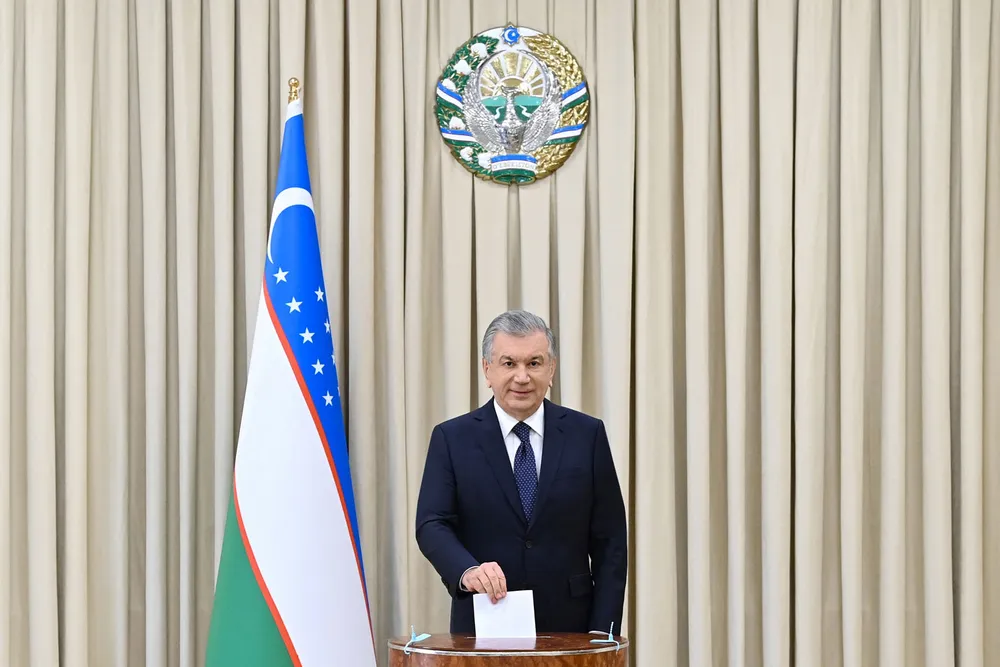Uzbekistan to take its largest gas producer public
Country rushes to capitalise on high energy prices and rising investor interest in gas assets as the world cuts Russian energy imports

Country rushes to capitalise on high energy prices and rising investor interest in gas assets as the world cuts Russian energy imports
